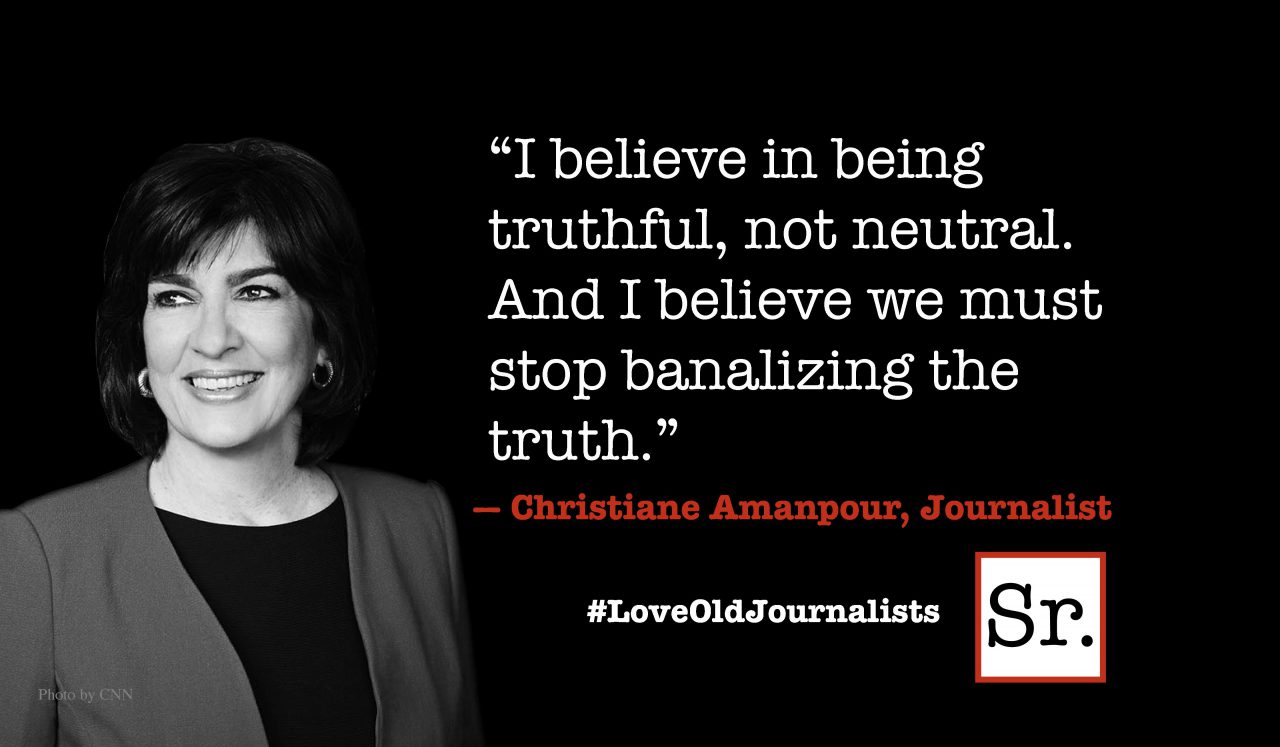Q: My 6-year-old daughter has recently learned to say “You’re hurting my feelings.” This is part of her school’s anti-bullying program. The problem is she’s now saying it to me when I discipline her. What should I say to her? In exasperation I’ve said “You hurt my feelings when you disobey me.” That seems to have some, admittedly small, effect. I hope you have a better idea.
A: The Law of Unintended Consequences strikes again! Over the past few years, a good number of parents have told me that their kids, when disciplined, complain of hurt feelings. The mystery as to the origin of this epidemic is solved!
A very wise man once said words to this effect, "Proper discipline never feels good at the time, but results in all manner of good in the long run.” In other words, discipline is not corrective if it does not feel “bad” to the person receiving it. It should “hurt” — not harm or abuse, just not feel good. That emotional memory is what deters future missteps of the same sort. So, don’t concern yourself with your daughter’s complaint.
A proper response to her complaint is “That means you heard me. Good.” And then, walk away. Do not turn this into an exchange. If you don’t give credence to her complaint, she will stop making it.
Q: Over the past year, the relationship between our 14-year-old son and his sisters has deteriorated markedly and is causing major problems in our family. He won’t speak to them and says he hates them. He’s also become very disrespectful toward me, Mom. His sisters say they want to be on good terms with him, but he rejects any attempt on their part to improve the relationship. He makes decent grades in school and has several friends he pals with. His plays video games and sports but appears not to care about his appearance or hygiene. Church is a major part of our lives, but he’s started to complain bitterly about attending with us and even participating in youth activities. Suggestions?
A: This is the sort of problem that stretches my ability to be helpful through this format. It might be a good idea for you to make an appointment with a professional. Perhaps your pastor can recommend someone whose values are in line with yours.
I have one thought for your consideration, however. My antennae went up when you said your son plays video games. In my experience, the behaviors you’re describing — alienation from the family, disrepect toward females (especially family females), indifference toward personal hygiene — are fairly typical of teen boys who are over-involved with video games and are possibly accessing pornography.
Just as some adults, but not all, who gamble become addicted, some teen boys, but not all, who play video games (which are, after all, a form of gambling) become addicted. In this case, you described the typical symptom picture. I encourage you not to take any chances. Remove the video game console from his room and get it out of the house. If he has a computer or television in his room, remove those too. Do this “cleansing” while he’s in school. If he goes into a rage when he discovers what you’ve done, that will simply confirms my theory. Rage is a withdrawal reaction.
Again, and with or without the rage, please contact a trusted professional for ongoing guidance.
Family psychologist John Rosemond answers parent questions at parentguru.com.








